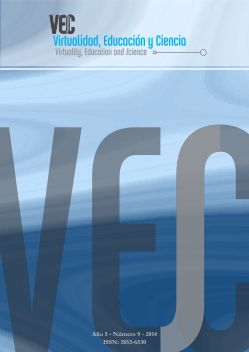The Rise and Fall of Massive Open Online Course
DOI:
https://doi.org/10.60020/1853-6530.v5.n9.9552Keywords:
MOOC, personal learning environments, hype cycle, conectivism, evaluation of online courses.Abstract
This paper provides a summary of the current debate on the phenomenon of massive open online courses: MOOCs. The concept of MOOCs entered as a Tsunami to educational institutions in Europe and other countries, since its introduction in 2008. Several authors defined MOOCs as a “disruptive educational innovation” being a fundamental change that would be producing a significant change in the educational sector. However, the characteristics of MOOCs were not clearly defined, and they were modified by different experiences. The theoretical framework that supported the introduction of MOOCs was labeled as “conectivism”, and intended to provide a new theory of learning for the 21st century. Both concepts caused enormous enthusiasm on educators and institutions, but also generated skepticism and strong criticism from several researchers who considered the concepts as scarcely novel and judged the theoretical fundamentals as imprecise and insufficiently related to already existing theories. For that reason, we will describe the context in which these concepts arose, the reasons that caused the popularity of the concept of MOOCs, as well as their later decline. Finally, some perspectives for their future development are pointed out.Downloads
Published
2014-11-30
Issue
Section
Notes and Reviews
License
The generation of derivative works is allowed as long as it is not done for commercial purposes. The original work may not be used for commercial purposes.
How to Cite
The Rise and Fall of Massive Open Online Course. (2014). Virtuality, Education and Science, 5(9), pp. 78-89. https://doi.org/10.60020/1853-6530.v5.n9.9552


